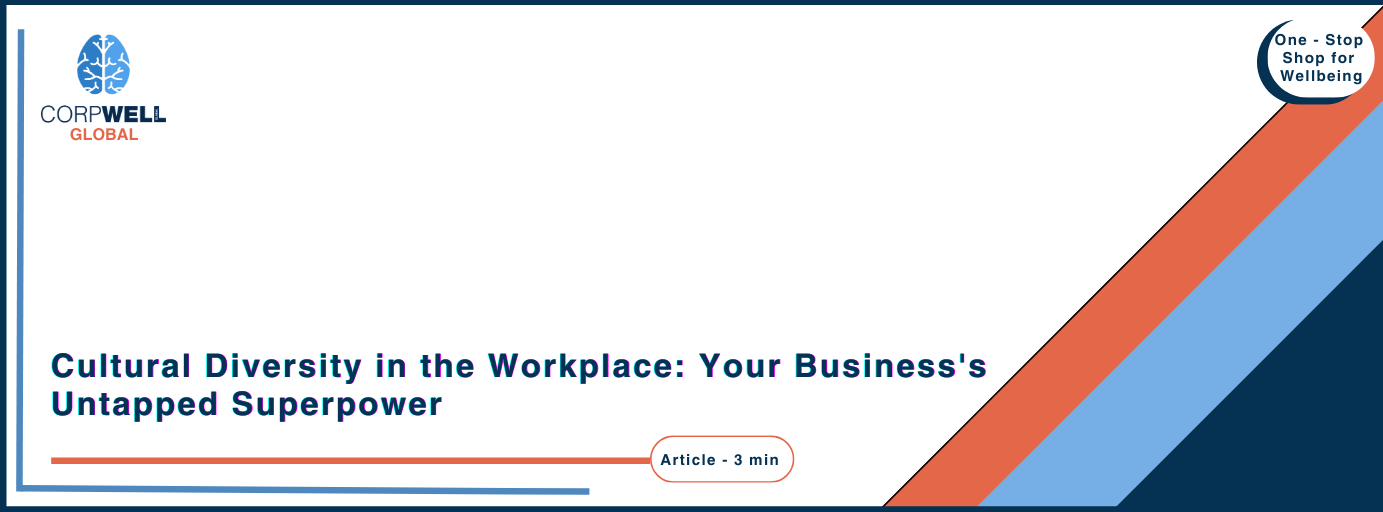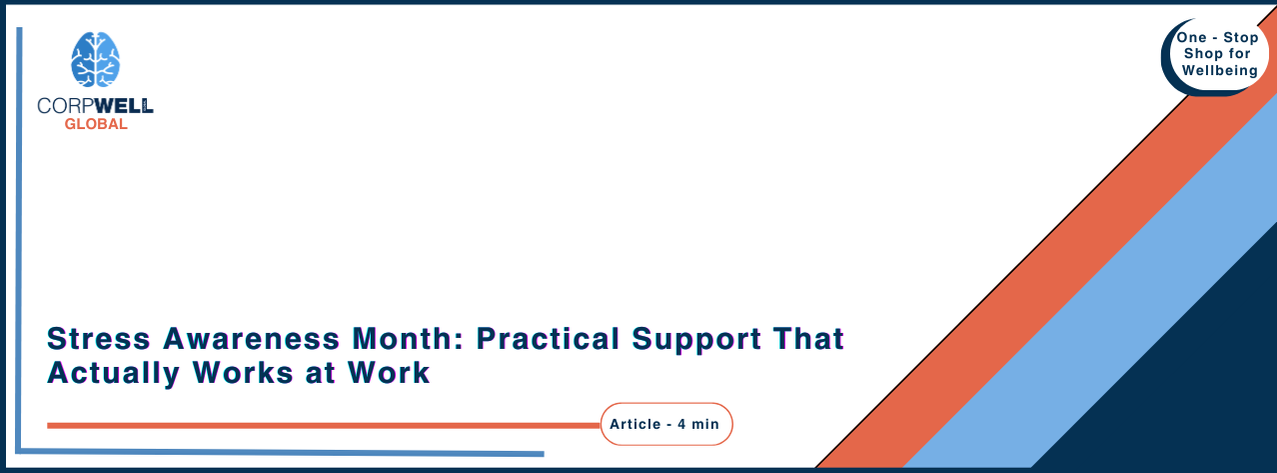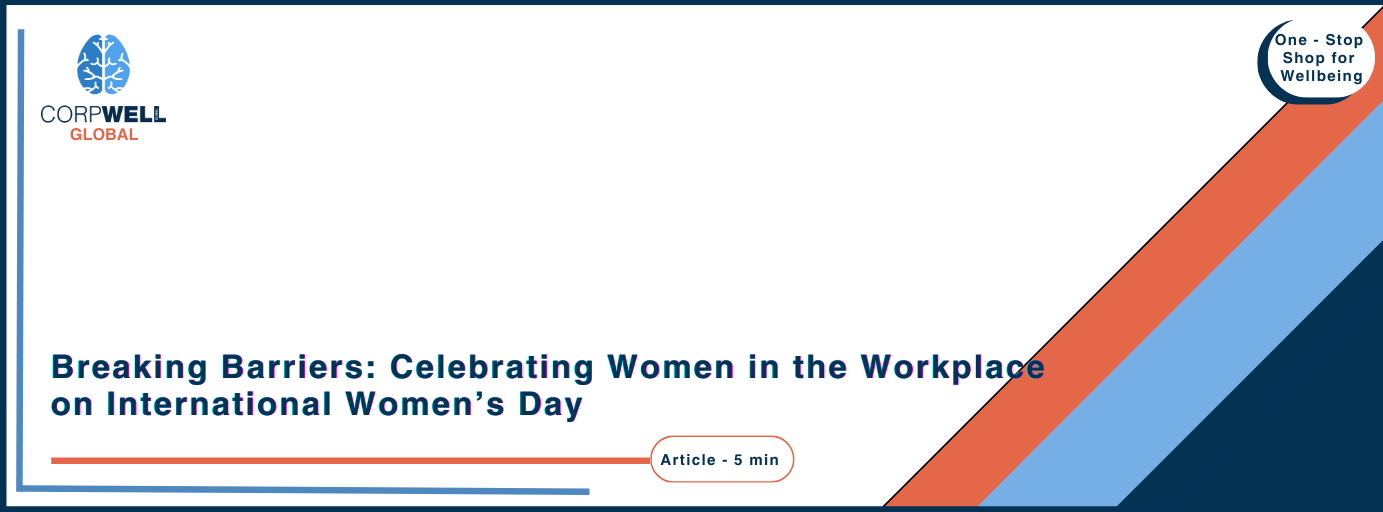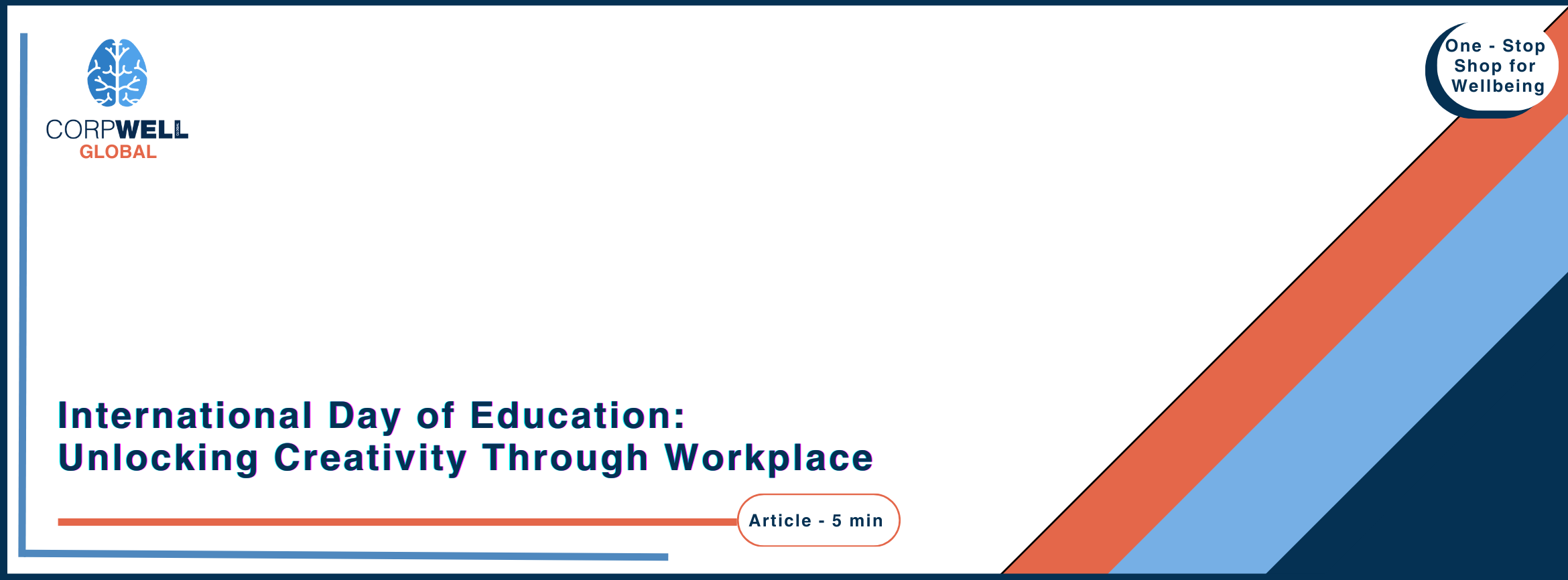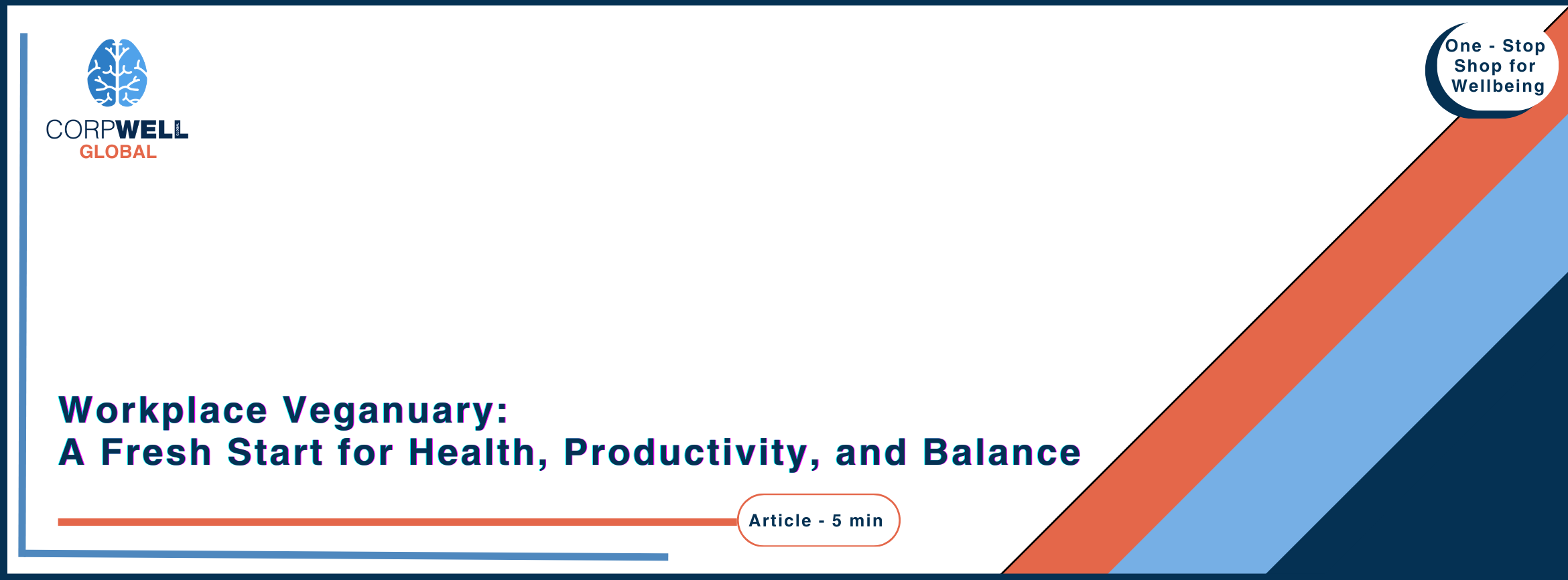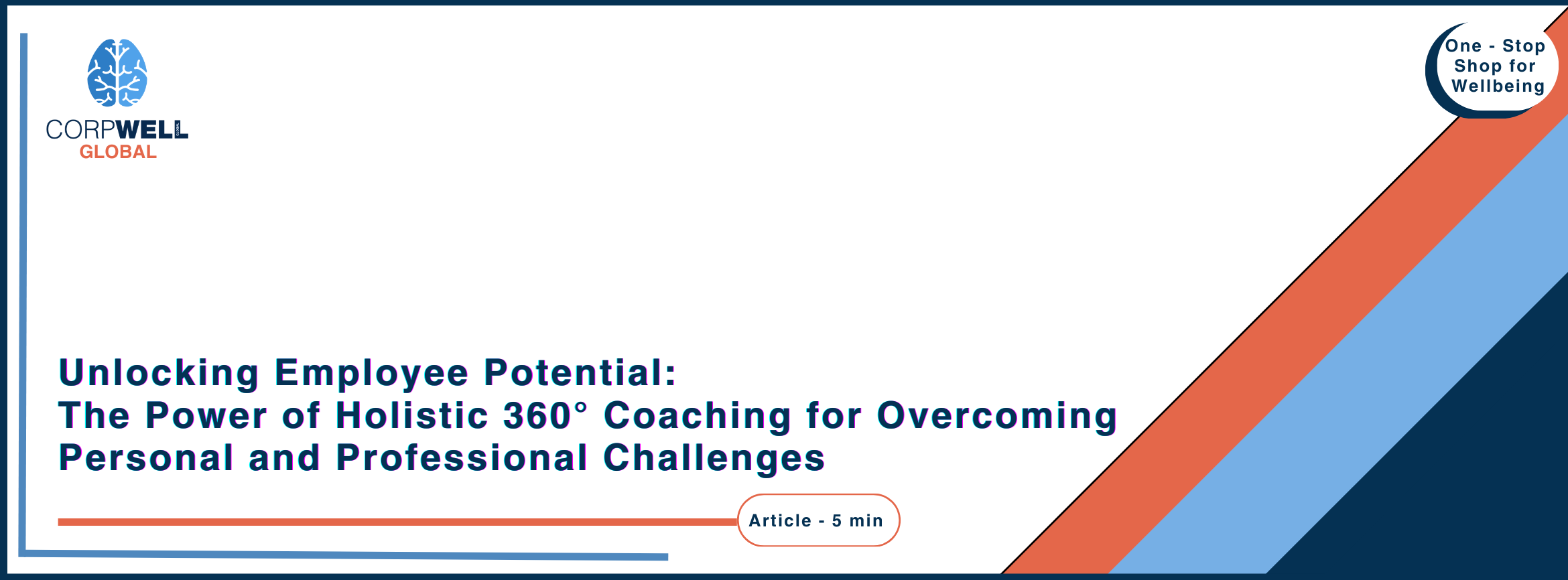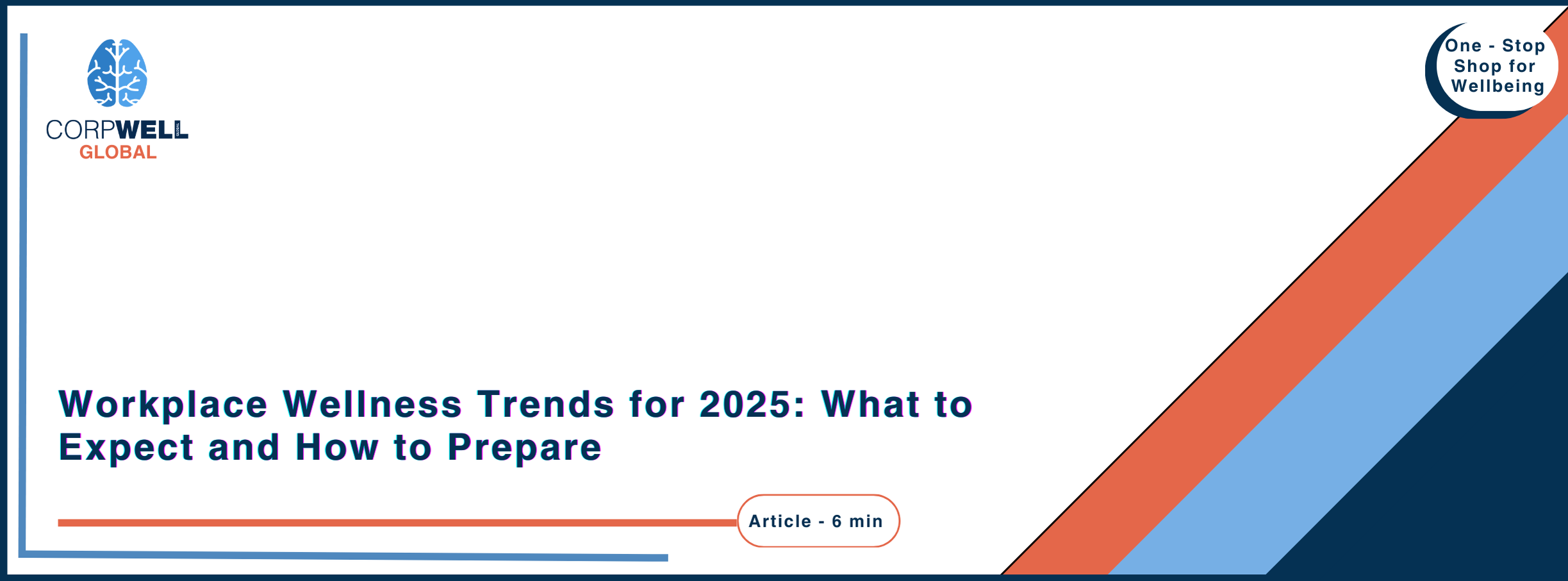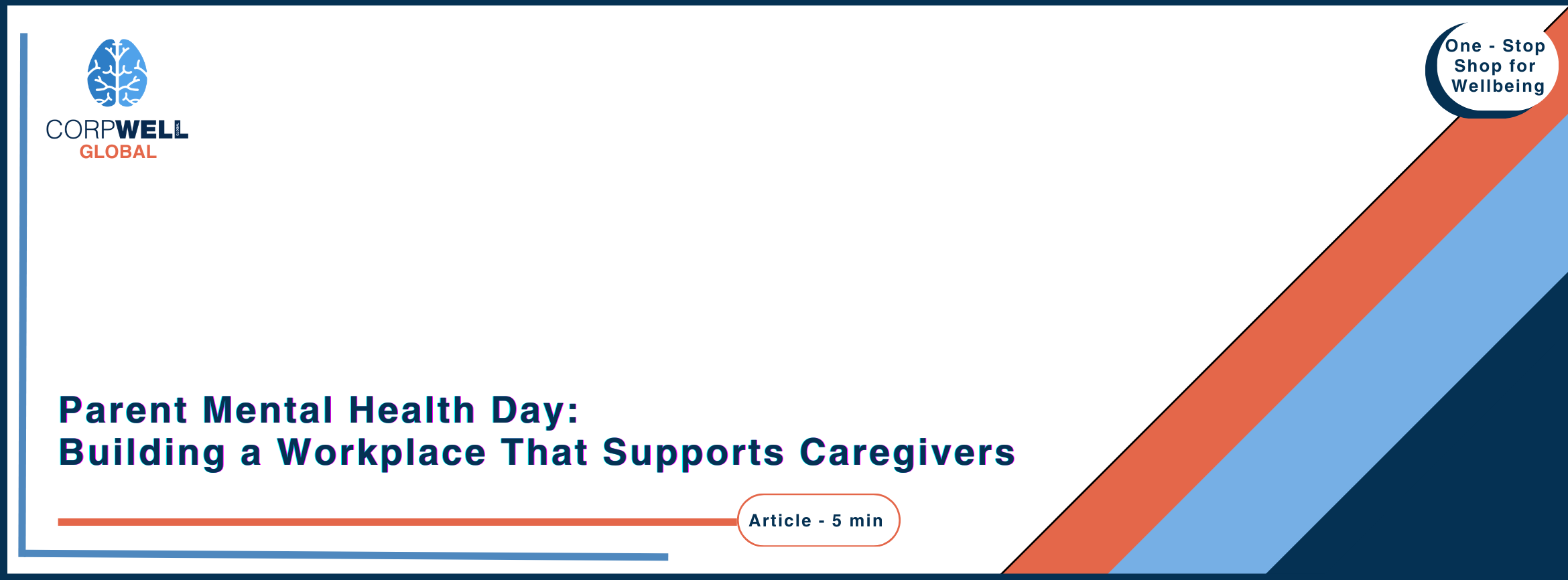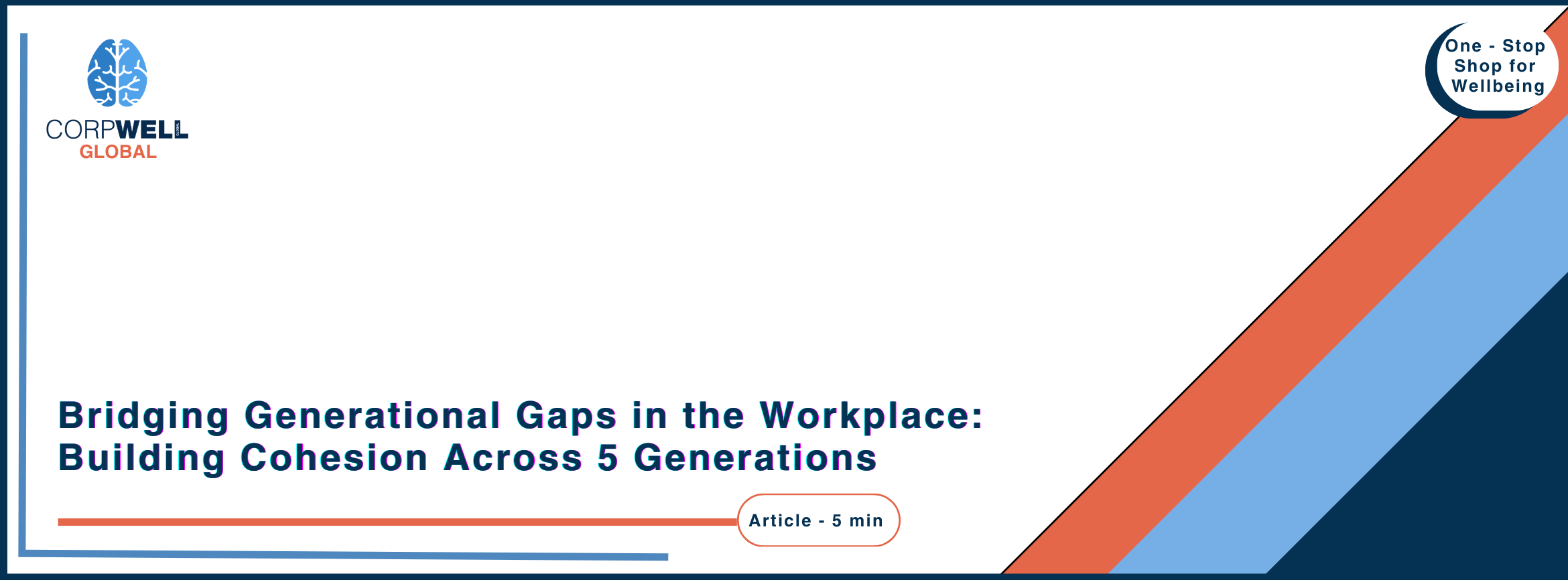Cultural Diversity in the Workplace: Your Business’s Untapped Superpower
Every year on 21 May, the world celebrates World Day for Cultural Diversity for Dialogue and Development. But here’s the thing: cultural diversity isn’t just a feel-good concept - it’s a wellbeing and business imperative. Why Does Cultural Diversity Matter? Let’s start with the facts: -Companies with higher cultural diversity are 35% more likely to outperform competitors (McKinsey). -Diverse teams are 87% better at making decisions (Cloverpop). -Inclusive workplaces see higher employee satisfaction, retention, and wellbeing. It’s not just about representation - it’s about voice, value, and visibility. The Link Between Culture and Wellbeing Cultural differences influence how people experience stress, communicate, and seek support. When organisations don’t recognise or accommodate this: -Employees feel isolated or misunderstood. -Managers may unintentionally reinforce microaggressions or bias. -People mask parts of their identity—leading to
Stress Awareness Month: Practical Support That Actually Works at Work
April is Stress Awareness Month – but let’s be honest, stress doesn’t wait for a calendar invite. 📊 According to the Mental Health Foundation, 74% of UK adults have felt overwhelmed or unable to cope due to stress. At work, it's even more common – and more costly. The HSE reported 17.1 million working days lost to work-related stress, depression, or anxiety in 2022/23. So here’s the real question for employers: What are you doing to support your people – not just in April, but all year round? What Is Stress Awareness Month (And Why Should Employers Care)? Started in 1992, Stress Awareness Month aims to shine a light on the causes and cures for modern stress. For workplaces, it’s a reminder (or wake-up
Breaking Barriers: Celebrating Women in the Workplace on International Women’s Day
Are we really breaking the glass ceiling - or just patching the cracks? On International Women’s Day, organisations around the world take a moment to spotlight and celebrate women’s achievements. But beyond the empowering hashtags and panel talks, a pressing question remains:Are we creating sustainable change for women in the workplace - or simply applauding survival in a system that still wasn’t built for them? Let’s talk about what real celebration and inclusion look like - and how companies can walk the talk. The Reality Check: Women at Work in 2025 While there’s no denying progress, the data paints a sobering picture: -In the UK, only 8% of CEOs in the FTSE 100 are women (Gov.uk, 2024). -47% of working women say they feel unsupported during
International Day of Education: Unlocking Creativity Through Workplace
In the hustle and bustle of modern office life, it’s easy for employees to feel overwhelmed, stressed, and mentally fatigued.
Workplace Veganuary: A Fresh Start for Health, Productivity, and Balance
In the hustle and bustle of modern office life, it’s easy for employees to feel overwhelmed, stressed, and mentally fatigued.
Unlocking Employee Potential: The Power of Holistic 360° Coaching for Overcoming Personal and Professional Challenges
In today’s fast-paced work environment, employees often struggle with stress, tension, and mental fatigue. Incorporating wellness treatments into the workplace can provide much-needed relief, promoting relaxation, rejuvenation, and a more productive workforce.
Workplace Wellness Trends for 2025: What to Expect and How to Prepare
In today’s fast-paced work environment, employees often struggle with stress, tension, and mental fatigue. Incorporating wellness treatments into the workplace can provide much-needed relief, promoting relaxation, rejuvenation, and a more productive workforce.
Corporate Meditation: A Path To Focused Minds & A Calmer Workplace
In today’s high-pressure work environment, stress is a leading cause of burnout and decreased productivity.
The Growing Importance of Soft Skills Training for 2025: Why It’s Time for Organisations to Prioritise Emotional Intelligence and Communication
In the hustle and bustle of modern office life, it’s easy for employees to feel overwhelmed, stressed, and mentally fatigued.
Bridging Generational Gaps in the Workplace: Building Cohesion Across 5 Generations
In the hustle and bustle of modern office life, it’s easy for employees to feel overwhelmed, stressed, and mentally fatigued.


